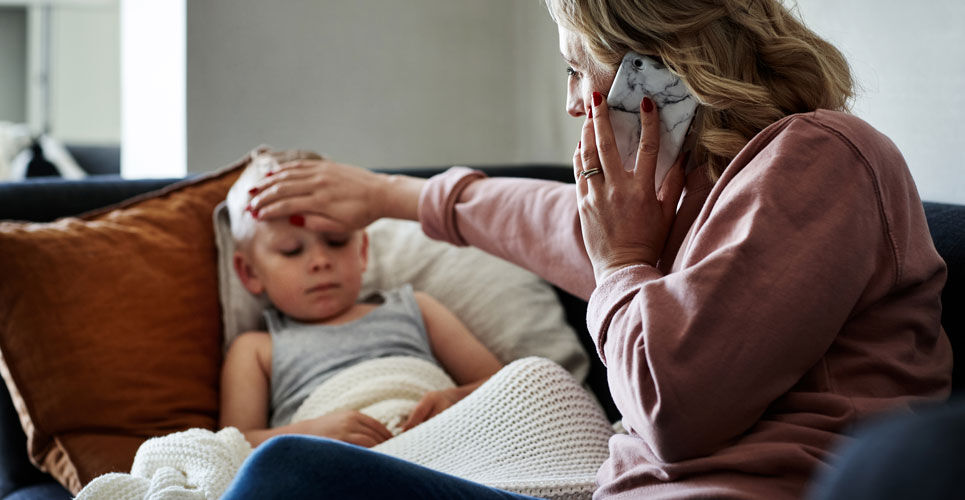Xofluza (baloxavir) is now indicated for uncomplicated influzena and post-exposure prophylaxis for children aged one and older
In a press release by the manufacturer Roche, xofluza (baloxavir) has received a modification of its marketing authorisation so that it can now be used for the treatment of both uncomplicated influenza and post-exposure prophylaxis of influenza in children from one years of age.
The human influenza viruses are known to cause regular epidemics creating a huge public health burden. Although influenza vaccines are available, there are also three classes of anti-viral agents that have also been used. The M2 proton channel blockers such as amantadine, neuraminidase inhibitors (e.g., oseltamivir) and finally, polymerase inhibitors like favipiravir. The influenza virus polymerase complex has become seen as a possible target for anti-viral agents and comprises three subunits: polymerase basic protein 1, polymerase basic protein 2 (PB2) and finally polymerase acidic protein (PA). These three subunits are highly conserved and PB2 is known to bind with the cap of the host cellular pre-messenger RNA and is subsequently cleaved by a cap-dependent endonuclease in the PA subunit. Xofluza contains the pro-drug baloxavir marboxil and inhibits the endonuclease activity of the polymerase acid protein.
Studies to date have shown that in adults, xofluza reduces the median time to the resolution of influenza symptoms by as much as 28 hours compared to placebo and the drug was originally indicated for use in patients from 12 years of age. The updated indication was based on the findings from two studies.

Xofluza studies in patients under 12 years of age
The first study, MiniSTONE-2 enrolled children between the ages of 1 and 12 years with a clinical diagnosis of influenza. Participants were randomised 2:1 to either a single dose of oral baloxavir or oseltamivir twice a day for 5 days. The results showed that Xofluza reduced the median time to symptom resolution to 138.1 hours compared to 150 hours with oseltamivir. The second trial examined the post-exposure prophylactic efficacy of xofluza and found that the risk of influzena was lower with baloxavir compared to placebo (adjusted risk ratio = 0.43, 95% CI 0.32 – 0.58).
The press release also cites another clinical trial designed to assess the safety and efficacy of baloxavir in healthy patients from birth to less than one year of age with influenza-like symptoms.
The updated information from the EMA can be found here.
